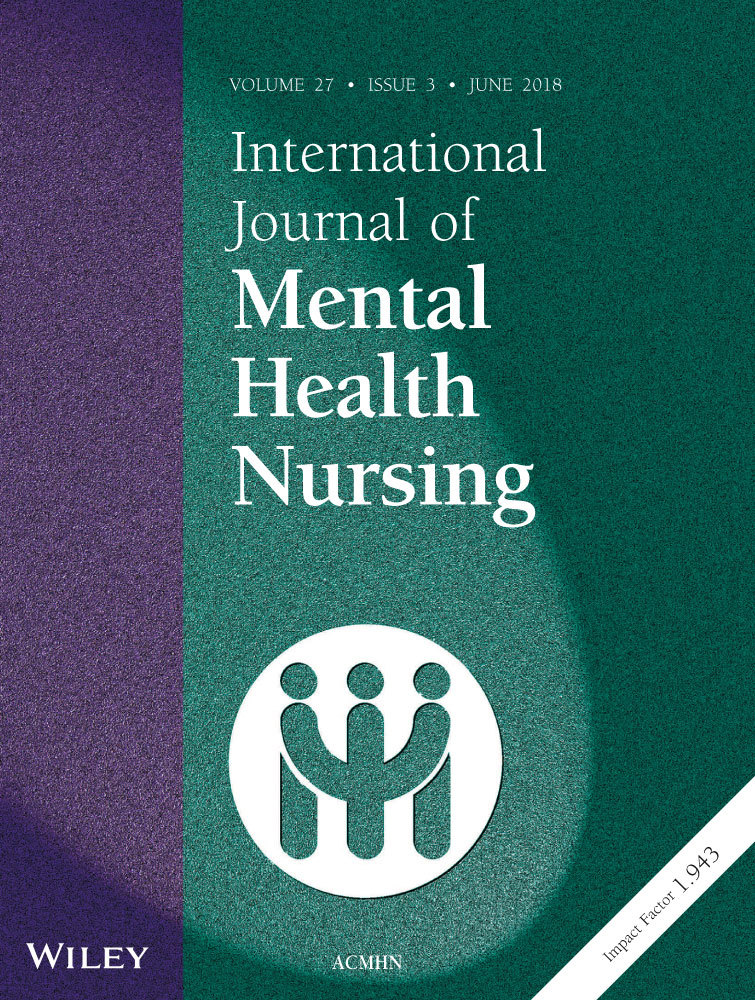Effects of a music-creation programme on the anxiety, self-esteem, and quality of life of people with severe mental illness: A quasi-experimental design
Abstract
Many studies have shown that music therapy improves patients' symptoms. However, interventions using music creation as their core await further development for patients with severe mental illness (SMI). The current study investigated the effect of a music-creation programme on the anxiety, self-esteem, and quality of life of patients with SMI. A quasi-experimental design using convenience sampling was adopted to recruit patients with SMI from a psychiatric day care centre. Participants were grouped based on their willingness to undergo an intervention (26 patients in the experimental group and 23 patients in the control group). The control groups participated in conventional mental rehabilitation therapy activities. The experimental group participated in a music-creation session for 90 min every week over a 32-week period. The outcome indicators before and after the intervention were assessed using the Hamilton Anxiety Rating Scale (HAM-A), Rosenberg Self-Esteem Scale (RSES), and World Health Organization Quality of Life-BREF (WHOQOL-BREF). Finally, the intervention effect was determined using generalized estimating equations (GEEs). After 32 weeks of intervention activities, the experimental group showed significant improvements in their HAM-A total scores (P < 0.001) and RSES total scores (P = 0.005). Regarding quality of life, the improvements of the experimental group in terms of the psychological (P = 0.016) and social relationship domains (P = 0.033) were superior to those of the control group. Music-creation programmes are recommended for inclusion in the routine rehabilitation activities of patients with SMI.




